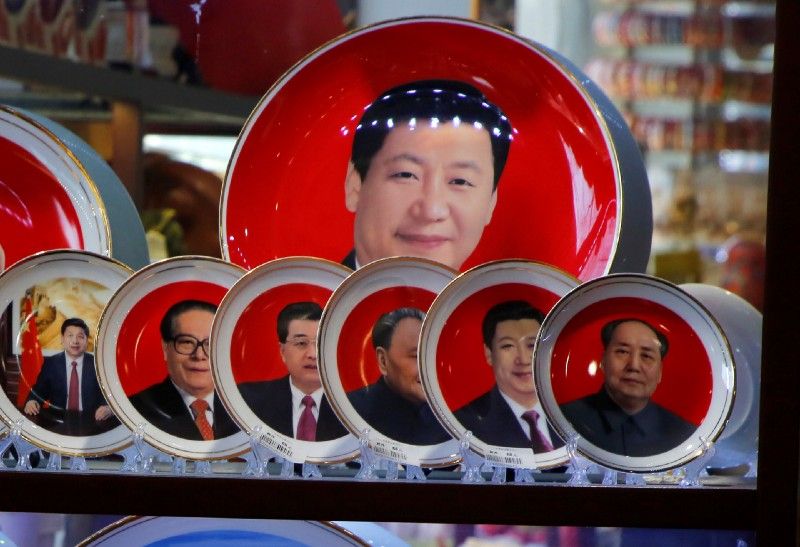March 02, 2018
As Alex Kliment wrote in your Tuesday edition of Signal, Xi Jinping has moved to eliminate the two-term constitutional limit on China’s president, allowing him to remain formally in charge beyond the end of his current term in March 2023. I’m opening your Friday edition on the same subject, because this is a very, very big deal.
Multiply China’s growing international power by Xi Jinping’s domestic political control, and Xi is already the most powerful man on Earth. This week, he began the process of removing the most important remaining check on his authority.
Questions to consider:
- Should the rest of the world be happy about the predictability that comes with continuity at the top of the Chinese government? Maybe. Given China’s growing importance for the global economy, and China’s need for big changes in its economic and financial systems, shouldn’t we be glad that a self-professed reformer has minimized the risk that lame-duck status will undermine his ability to get things done? It’s not like China would otherwise become a democracy.
- This story matters for all of us. In 1990, China accounted for just 1.6 percent of global GDP. By 2016, it had surged to 14.7 percent, second only to the US. In 1996, China invested just $2 billion beyond its borders. By 2016, that number had climbed to $217 billion. Given the worldwide economic implications of China’s rise, don’t we all need China to succeed?
- Or maybe has Xi created a new sense of urgency within the party among those who fear his power and oppose his reform plans? Has he forced rivals to try to more actively sabotage his agenda or even to move against him?
- At what point does Xi start thinking more about protecting his power than about building China’s future?
- What happens if Xi fully consolidates power, but reforms fail, the economy sinks, and China has no clear alternative to his leadership? What sort of power struggle might that unleash?
We know there’s heightened caution in Beijing this week, because online government censors are suddenly very busy. You won’t have much luck if you try using any of these phrases on Sina Weibo (China’s version of Twitter) this week:
- “Long Live the Emperor” (Pretty obvious)
- “Constitutional rules” (None of your business)
- “Animal Farm” (George Orwell says hi)
- “Winnie the Pooh” (Don’t mock the president)
- “I disagree” (Don’t think of debate)
- “Emigration” (Don’t think of leaving)
More For You
- YouTube
With the global order under increasing strain, 2026 is shaping up to be a tipping point for geopolitics. From political upheaval in the United States to widening conflicts abroad, the risks facing governments, markets, and societies are converging faster—and more forcefully—than at any time in recent memory. To break it all down, journalist Julia Chatterley moderated a wide-ranging conversation with Ian Bremmer, president of Eurasia Group and GZERO Media, and a panel of Eurasia Group experts, to examine the findings of their newly-released annual Top Risks of 2026 report.
Most Popular
- YouTube
Some of the regime’s best moments — did we miss any? #PUPPETREGIME
Ukrainian President Volodymyr Zelenskiy listens to US President Donald Trump, after Trump said that Russian President Vladimir Putin expressed willingness to help Ukraine "succeed," during a press conference at the Mar-a-Lago club, in Palm Beach, Florida, USA, on December 28, 2025.
REUTERS/Jonathan Ernst
© 2025 GZERO Media. All Rights Reserved | A Eurasia Group media company.
